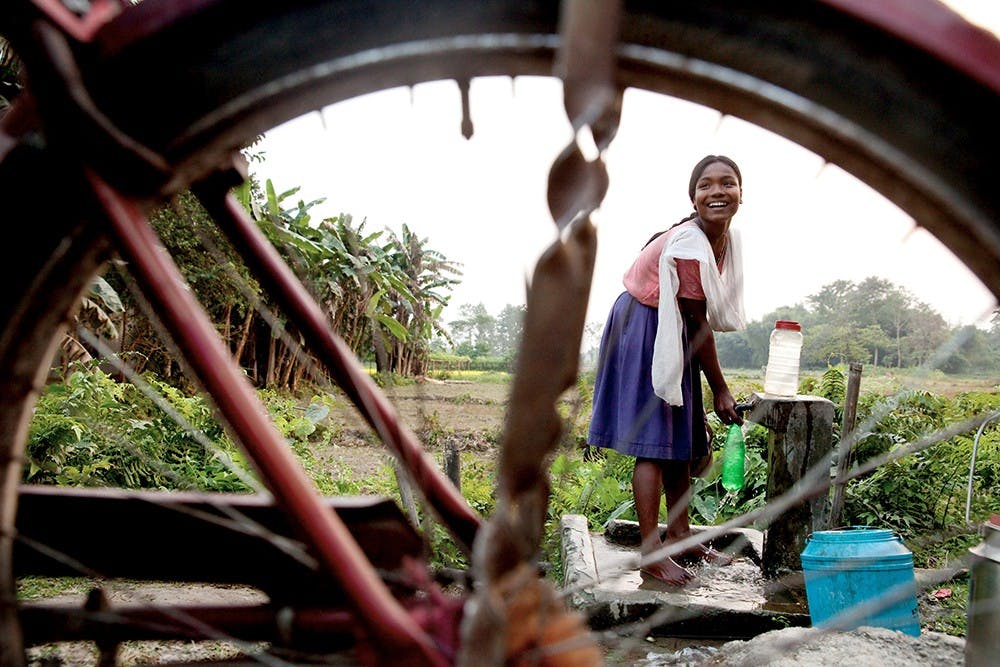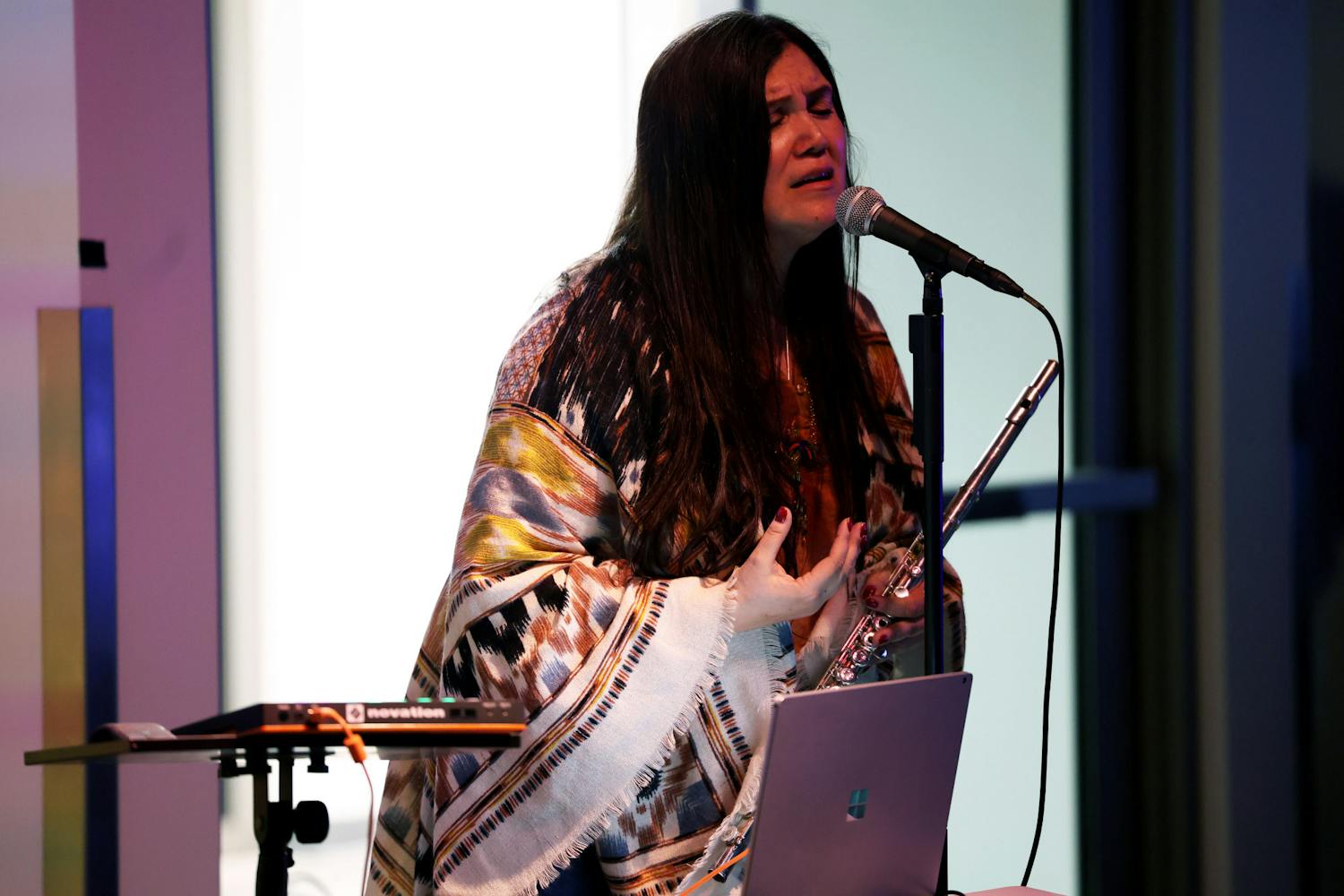The Thirst Project, the world's leading water activism organization for youth, will visit schools across the nation to educate students about the global water crisis. The project's school tour hits major high schools and universities like Notre Dame, USC and Columbia, but its first stop is ASU.
According to the project's site, nearly one billion people on the planet don't have access to safe, clean water.
The Sun Devil Bookstore's owner, Follett, is one of the leading contributors to the Thirst Project.
Alyssa Ojeda, a Follett representative, said the Thirst Project's main goal is to gain student involvement. Ojeda said that the school tour visits large high schools and universities to get as many young adults talking about the world water crisis as possible.
Ojeda, along with other workers for the Thirst Project, called Road Warriors, will be tabling outside of the Sun Devil Bookstore all day Monday.
At 6 p.m., the Road Warriors will move to the Sun Devil Marketplace and give a presentation about their initiative. Throughout the presentation, the Road Warriors will raffle off prizes. The first 45 attendees will receive a reusable Thirst Project water bottle.

The organization relies on student engagement. Seth Maxwell, CEO and Founder of the Thirst Project, created his organization in 2008, after having a conversation that introduced him to the world water crisis. At the time of this revelation, Maxwell was a 19-year-old college student buried in student loans, but despite his financial struggles, he wondered what he could do with the little he had, according to the Thirst Project website.
Maxwell and his seven college friends pooled as much money as they could to buy 1,000 water bottles. They hit the streets and started sharing facts about the world water crisis as they handed out each bottle to strangers. Maxwell and his friends raised over $1,700.
“We had helped raise some money to help give a community safe water, so we thought we could go back to living our own lives," Maxwell wrote on the project's site. "(Until) people started calling and asking us to bring our ‘organization’ to their school to speak about the water crisis so they could help and get involved.”
And so began the Thirst Project. The project’s central initiative is fundraising and building wells to provide clean, safe drinking water for impoverished communities. The non-profit organization has built wells in 13 countries and provided nearly 280,000 people with clean water.
Since its founding, the organization has gained a lot of attention. The project has received endorsements by a wide variety of celebrities like Olivia Munn, Dylan O'Brien, Pauley Perrette and Nat Wolff.
Despite its growth and popularity over the years, the project continues to emphasize the necessity of student involvement. The Thirst Project’s mission statement says that students are the most powerful agents for social change.
Although the main way to contribute to the organization is through donations, Evan Wesley, the project's director of school clubs, says that students get extremely creative while fundraising. He said a group of students created a 5K fundraiser for the project. He also says that the easiest way students can take action is by creating a Thirst Project club on campus — a club that currently doesn’t exist at ASU.
Students can also get an internship through the organization by becoming a Road Warrior.
Rachel Fogel, a former Road Warrior for the project and an ASU alum, caught interest in the project after hearing about it from a friend. Fogel said that students can make a change by getting involved.
“Nothing is going to happen unless you make it happen so believe in yourself and be proactive," Fogel said.
Related Links:
ASU battles drought by making water conservation a priority
How one ASU student plans to change water conservation
Reach the reporter at ambice@asu.edu or follow @alliebice on Twitter.
Like The State Press on Facebook and follow @statepress on Twitter.




